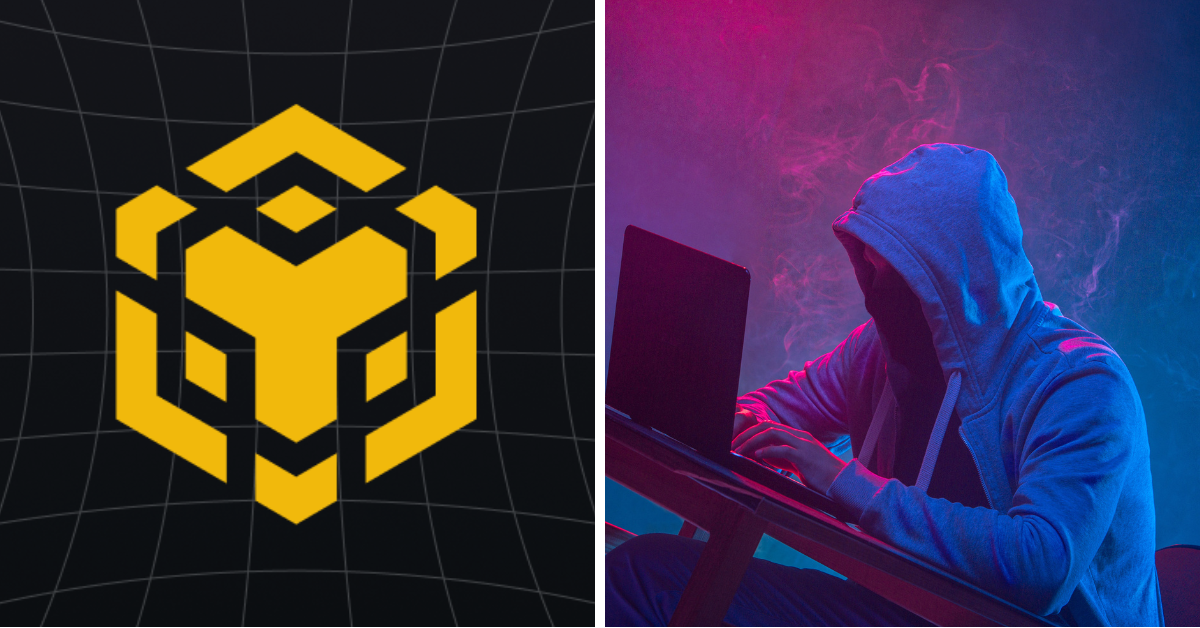BCH protocol upgrade countdown: More than 68% of BCH nodes support upgrade
Source: BitcoinCash
After 12 pm on November 15, Bitcoin Cash (BCH) will perform a network upgrade of the new rules agreement. After the lock is upgraded, the next block will force MINIMALDATA in the script, the opcodes OP_Checkmultisig and OP_Checkmultisigverify will be upgraded to accept the Schnorr signature.
Code delivery
On Friday, Bitcoin cash will be upgraded on a semi-annual basis as planned, and this upgrade adds two new features. The developers of this agreement have been discussed for several months, and the developers also explained in detail how these new features and changes apply to the BCH roadmap. In fact, since August 1, 2017, BCH developers have developed a number of BCH-specific protocol features.
For example, before BCH raised the block ceiling to 32MB, which means that BCH has a transaction throughput of more than 1MB. In September 2018, BCH processed millions of transactions in one day, far exceeding the BTC's single-day transaction limit. Digital currency trading volume history; for example, Bitcoin cash developers have re-enabled the previously disabled Satoshi opcode, which supports a variety of transactions, compilers and other features. The added opcode OP_Checkdatasig can be used to calculate the computational power of the block, and the signature can be verified automatically; the Bitcoin cash developer also increases the default data carrier size of the BCH network to 220 bytes. All in all, this is a bitcoin cash with more features and more trading power.
- Zhejiang Provincial Party Committee Secretary: Strive to become the leader of the development of blockchain
- QKL123 market analysis | Bitcoin halved, history will not simply repeat (1111)
- Ethereum co-founder Joseph Lubin: I hope that the public chain such as Ethereum can interact with the central bank's digital currency
Of course, the BCH development process is much more than that, and developers are planning more ambitious blueprints. At block height 582680, the underlying Schnorr signature protocol was added, and a canonical transaction order (also known as CTOR) was implemented in an upgrade prior to the Schnorr function. According to Coin Dance's statistics, BCH developers have added 20 different new explicit features to the protocol, another 20 are under development, and 15 features are under discussion, as well as two new features yet to be activated. .
New dominant function
The first function of this upgrade is to eliminate the ductility vector on the BCH network through the Minimaldata rule. The upgrade announcement on November 15 explained: "This eliminates the final BIP 62 extensibility vector, meaning that most transactions on the Bitcoin cash network (including all P2PKH transactions) will not be postponable in the future." Effectively protect the security of transactions.
There are many forms of extensibility vectors in scriptSig and signatures, and BIP62 was introduced in 2014 to solve these problems. In the past few years, various types of solutions have been tried to deal with third-party extensibility vectors. After the BCH network upgrade next Friday, most of the Bitcoin cash transactions will be non-extensible, and the implementation of the Minimaldata rules can also strengthen the Simplified Payment Verification (SPV) client.
The second feature added by BCH is support for OP_Checkmultisig and OP_Checkmultisigverify to complement the last added Schnorr signature feature. The upgrade announcement states:
"This upgrade adds support for OP_Checkmultisig. After the upgrade, all signature checks will support Schnorr signatures."
This means that with the Schnorr signature, the BCH network will allow for more complex mechanisms for multi-signature transactions. The upgrade announcement on November 15 states:
Schnorr aggregate signatures (using OP_Checksig) are a way to perform multiple signatures, but they have different technical characteristics than previous Bitcoin multi-signatures and are therefore far from replacing them.
BCH upgrade countdown
Bitcoin cash users and enthusiasts are very pleased with this BCH upgrade, and BCH network participants (developers, miners, wallets) are always preparing for these changes. The normal user does not need to perform any operations until the BCH network upgrade feature changes take effect. However, miners and node operators need to download and run the BCH client that supports the latest version on November 15.
BCH's development team, Bitcoin ABC, Bitcoin Unlimited, BCHD, Flowee, and Bitcoin Verde are all ready for protocol upgrades. Currently, more than 68% of all-node support upgrades are displayed in all publicly accessible BCH nodes. Fans and fans who don't run the whole node can use the data site like Coin Dance or Fork Monitor to check the upgrade information online. Before November 15, the two websites will announce the effective date of the agreement upgrade in advance.
We will continue to update Blocking; if you have any questions or suggestions, please contact us!
Was this article helpful?
93 out of 132 found this helpful
Related articles
- One of Silicon Valley's top VCs, a16z, announced a free start! Dedicated to cryptocurrency and blockchain entrepreneurs
- Legal tender, gold and bitcoin: Three PKs in the form of three currencies, which is the most ideal?
- Chief analyst of the financial industry of Guosen Securities Economic Research Institute: Will the central bank's digital currency shake the banking business logic?
- This weekend, the EOS network was blocked by an airdrop.
- Cai Kailong: Wuzhen World Blockchain Conference 10 points summary, my round table is so hot that "almost hit"
- Weekly data on the BTC chain: overall dull, Friday currency price jump triggers the net outflow of the coin over 4000BTC
- China Securities Journal: Digital currency is conducive to the internationalization of the renminbi, the road to digitization is the right choice






